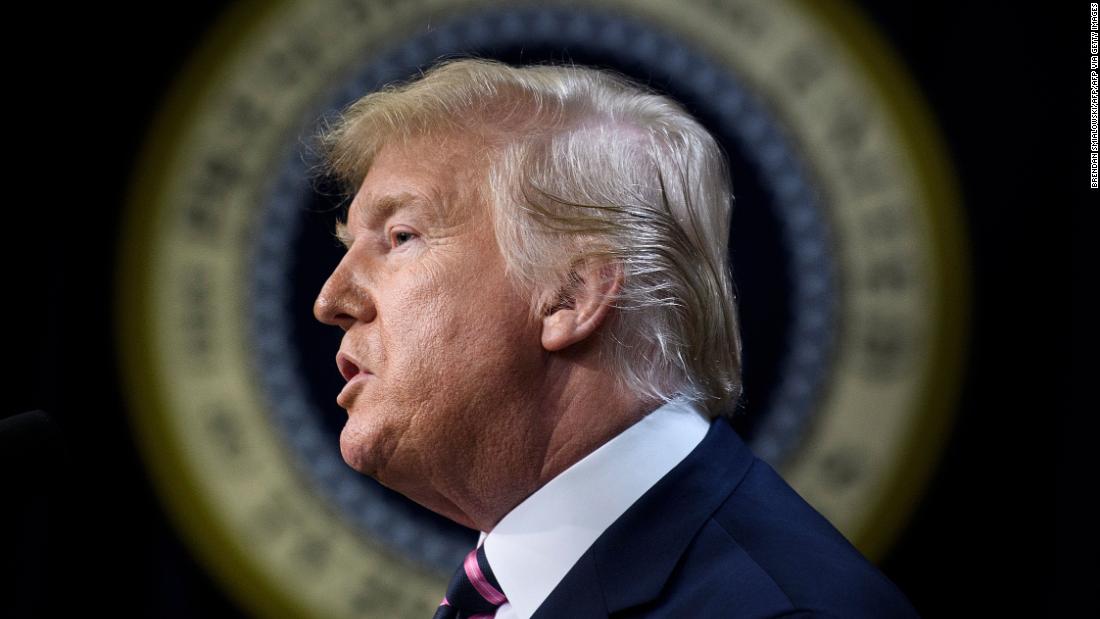[ad_1]
1) Who will emerge politically victorious from the impeachment trial of the President?
So far House Speaker Nancy Pelosi is holding back on sending the articles of impeachment to the Senate, but assuming she does, the potential trial will be a huge milestone. Although there are few people who believe that the Senate will vote to remove the President from office, nobody is quite sure what the political fallout will be from this process. The aftermath of impeachment could have a major impact on the election.
Some argue that Democrats will suffer. If Senate Republicans vote to acquit the president, the GOP will surely gloat and dismiss the entire saga as a reflection of how far partisan Democrats are willing to go. Trump, according to this theory, will use impeachment to rally his base.
Then there are those who speculate that it won’t matter either way. In our short attention-span culture, the public will have moved on to other matters within a few months.
2) How far will President Trump go?
Even when impeachment ends, Trumpian chaos will not stop. As he has shown during the impeachment process, the prospect of political humiliation or a poor historical legacy does not dissuade him from disrupting institutions and appealing to the most extreme elements of the electorate.
After the Senate votes on impeachment, Trump is very likely to double down on his bad behavior. He will continue to use the office as a vehicle for personal gain and he will go after his opponents with hammer and tong.
We will inevitably see the most ruthless presidential campaign in American history, with the possibility of public policy and law enforcement being used as political weapons to help the incumbent.
How will this affect Democratic voters, suburban independents, or Republicans who love his style of politics? As has been the case since day one, President Trump’s unpredictable and outrageous actions will remain the central storyline of the coming year.
3) Will the economy stay strong and will the US avoid a foreign crisis?
But an economic downturn or a dangerous military confrontation could create the exact kind of instability that might cause independents to turn against Trump and possibly encourage some Republicans to stay home.
4) Which party will do best at turning out voters?
In a very polarized electorate, turnout is the name of the game. The party that can bring out the most voters in key swing states will win the election. Persuading voters to flip sides is less useful than convincing those who might stay home to vote.
But progressives are as strong as ever. Their numbers have swelled since Trump was inaugurated in 2017. National organizations like Indivisible and the March for Women have developed a formidable infrastructure that is ready to go in the fall.
Older groups like MoveOn.org are seasoned at politics and this time around have a new energy behind them. The Bernie Sanders and Elizabeth Warren campaigns have generated passionate followings.
This election promises to be a battle royale at the grassroots level. The side that is better prepared might have the key to victory.
5) Will Democrats pick the right candidate?
Democrats have been trying to figure out what it means to be the most electable. Former Vice President Joe Biden has made this the main part of his appeal. He has argued to Democrats that whatever they think of his past or love about his Democratic opponents, he is the only one who can defeat the President in November. This matters more than anything else. And so far, he has shown that he has considerable appeal.
Yet it remains unclear if he can win in November. Can Biden, who first became a US senator in the 1970s, survive in the smashmouth world of 2020? Can he work his way through disinformation campaigns and deep fake videos, character assassination from the President’s Twitter feed, and potential investigations from the Justice Department and still come out on top?
Progressives argue that it’s time for a change. The best bet, they say, is someone who can mobilize and inspire voters. A candidate who can draw the same level of grassroots support as Trump will be able to take on the GOP and ensure that the turnout is as high as possible — even if Obama-Trump voters don’t flip back and support the Democratic nominee.
In 2020, these are the sorts of questions that will determine who sits in the Oval Office for the next four years.
[ad_2]
Source link



